Description
Escitalopram is a Selective Serotonin Reuptake Inhibitor (SSRI) antidepressant used to treat depression and generalized anxiety disorder (GAD). It works by increasing the amount of serotonin in the brain, which helps improve mood, reduce anxiety, and restore mental balance. Escitalopram can boost energy levels, improve emotional well-being, and reduce nervousness caused by daily events and situations. It is often prescribed for patients suffering from prolonged and extreme worry, helping to alleviate feelings of anxiety and improve quality of life.
Primary Uses
Escitalopram is used for:
-
Treatment of depression: Helps alleviate symptoms of major depressive disorder.
-
Treatment of generalized anxiety disorder (GAD): Reduces extreme and prolonged worry, panic attacks, and anxiety.
Indications
Escitalopram is prescribed for:
-
Depression: To improve mood and alleviate feelings of sadness and hopelessness.
-
Generalized Anxiety Disorder (GAD): To reduce anxiety, nervousness, and stress.
Dosage
-
Adults: The typical dose is 10mg once daily, either in the morning or evening, depending on your doctor’s instructions.
-
Dose Adjustment: Your doctor may adjust the dose based on your response to the medication, laboratory tests, age, and any other medications you’re taking.
-
Administration: Take the tablet whole with a glass of water.
-
Note: Do not crush, chew, or break the tablet.
Side Effects
Common side effects of Escitalopram may include:
-
Nausea and vomiting.
-
Headache.
-
Insomnia or drowsiness.
-
Dry mouth.
-
Weight changes.
-
Sexual dysfunction.
Serious side effects may include:
-
Allergic reactions (rash, swelling).
-
Severe mood changes or suicidal thoughts.
-
Seizures.
Seek immediate medical attention if you experience any severe or unusual symptoms.
Drug Interactions
Escitalopram may interact with:
-
Diuretics: May affect electrolyte balance.
-
Antihypertensive drugs: Can affect blood pressure management.
-
Other antidepressants or mood-stabilizing medications: Use caution to avoid serotonin syndrome or adverse reactions.
When Not to Use
Do not use Escitalopram if you:
-
Are allergic to Escitalopram or any of its components.
-
Are taking Monoamine Oxidase Inhibitors (MAOIs) or have taken them in the last 14 days.
-
Have severe liver disease or are pregnant without consulting your healthcare provider.
Precautions
-
Alcohol and Caffeine: Avoid alcohol and excessive caffeine while using Escitalopram, as they may increase side effects like dizziness or anxiety.
-
Gastrointestinal Issues: Escitalopram may cause gastrointestinal discomfort in some patients; consult your doctor if you have a history of stomach issues.
-
Discontinuation: Do not stop taking this medication suddenly without consulting your doctor to prevent withdrawal symptoms.
Warnings
-
Risk of Suicide: Escitalopram may increase the risk of suicidal thoughts or behaviors, particularly in young adults. Close monitoring is required, especially during the initial treatment period.
-
Blood Clots: There may be a slight increase in the risk of blood clots, so talk to your doctor if you have a history of blood clots or bleeding disorders.
Storage
-
Storage: Store Escitalopram tablets at room temperature (20°C to 25°C), away from moisture and direct light.
-
Keep Out of Reach of Children: Store in a safe place, away from children and pets.
Quick Tips
-
Take Escitalopram as directed by your doctor and avoid adjusting your dose without consulting them.
-
Regularly follow up with your doctor to assess the effectiveness and monitor for any potential side effects.
-
Avoid discontinuing Escitalopram abruptly; always consult your healthcare provider before making changes to your medication regimen.
Doctor Review
Dr. Ahmed Shah, MBBS, Psychiatrist:
“Escitalopram is a well-established SSRI used in the treatment of depression and anxiety disorders. It works by balancing serotonin levels in the brain, which helps improve mood and reduce excessive worry. It’s essential to start with the prescribed dosage and monitor for any side effects. Regular follow-up with your healthcare provider is key, especially in the first few weeks of treatment.”
Disclaimer
CureCartDirect provides this information for educational purposes only. It is not a substitute for professional medical advice, diagnosis, or treatment. Always consult a healthcare provider before starting, stopping, or changing any medication.

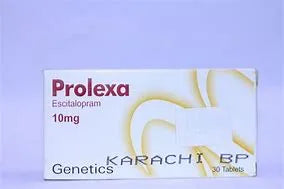


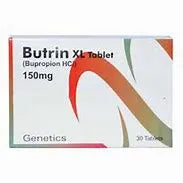
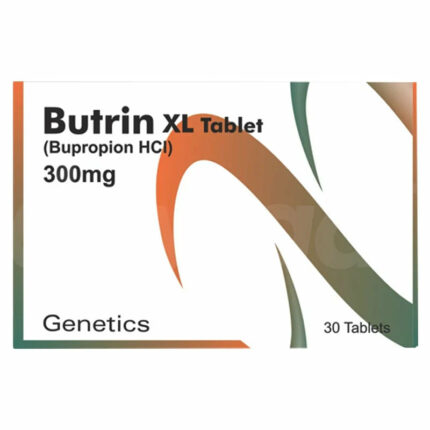
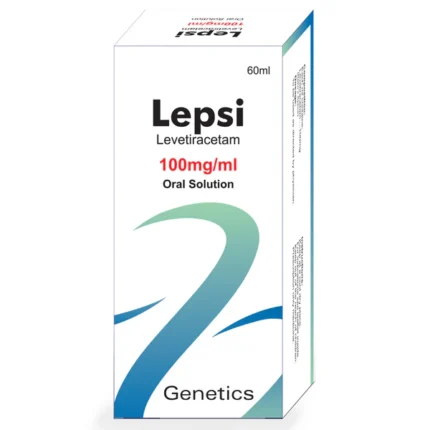
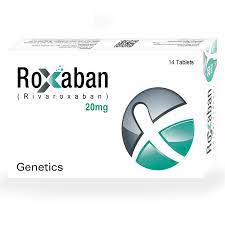
Reviews
There are no reviews yet.